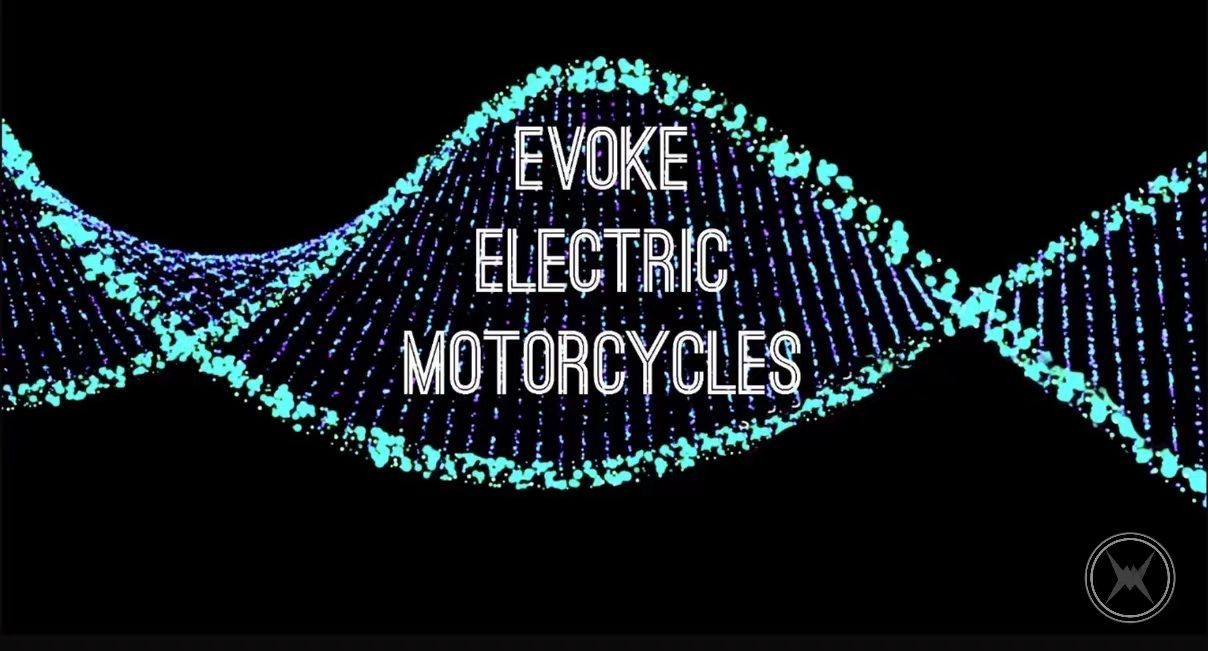4 Advantages of Driving an Electric Vehicle
Curious on what are the advantages of driving an electric vehicle? Read on to find out.

The spontaneous growth stems from the immense support the EV industry gets from the government and the demand for low-emission commuting. When you think about it, there are various advantages of driving an electric vehicle and being an early adopter of this technology. Here are some of them:
Cash Rebates
Increasing awareness about climate change has spurned a growing desire for some individuals to ditch their old cars and shift to buy electric motorcycles and cars. Interestingly, many governments have shown support and deployed a wide range of incentives to promote the use of more EVs on the road.
As of 2019, governments have spent over US$14 B to support electric vehicles sales, with the majority of incentives coming from Europe. Most recently, New Zealand, through its Clean Car Discount scheme,
announced
cash rebates for EV buyers. Additionally, the UK government is
offering 1500 GBP ($2,000 USD) to purchase an Evoke Motorcycles Urban Classic or Urban S
. To discourage the purchase of gas-powered cars, the country will also introduce additional fees for vehicles that produce high levels of carbon dioxide emissions.
Tax Bonuses
Aside from cash rebates, electric vehicle owners can also expect to enjoy the advantages of driving electric vehicles via tax bonuses. Norway, one of the leading countries for zero emission, has been implementing tax rebates for electric vehicle owners. Aside from tax bonuses, EV owners can also take advantage of cheaper tolls and parking fees.
Among the other advantages of driving electric vehicles are tax credits in the form of reduced vehicle taxes or registration fees. California, for one, awards a US$2,000 cash rebate when buying an electric vehicle on top of the federal tax credit. This means out-of-pocket costs go down by as much as $10,000.
Fuel Savings
Using an electric vehicle provides considerable fuel savings. Conventional vehicles would typically cost an average consumer as much as US$2,094 in gasoline and motor oil expenses annually, based on the 2019 Consumer Expenditures report of the US Bureau of Labor Statistics. When compared to owning an EV, the charging cost is significantly lower. Assuming electricity costs US$0.13kWh and an Urban Classic consumes 8kWh to cover 100 miles. The price translates to only roughly $0.01 per mile to completely charge the batteries. Factoring in advanced technology, such as the Evoke Motorcycles’ Battery Management System (BMS), which can fully charge motorcycles in 15 minutes, equates to more savings.
Sustainability and Energy Efficiency
Many raise the issue that electric vehicle batteries also affect the environment. However, a report from the International Council of Clean Transportation revealed that battery manufacturing life-cycle emissions are quickly paid off after two years. These emissions from manufacturing batteries can considerably decline in the coming years, as leading manufacturers gear towards using cleaner electricity throughout the production life cycle. Similarly, the rising secondhand market for batteries can also reduce emissions to a greater degree.
More importantly, electric vehicles only produce less greenhouse gas emissions compared to an average car. In France and Norway, electric vehicles only produce less than 33% of the life-cycle carbon emissions of a typical combustion-engine vehicle.
Given all these advantages of driving an electric vehicle, owning an EV presents a win-win situation for consumers and the environment. Aside from making a significant contribution to the environment, EV owners can also gain rebates and rewards. What’s stopping you from going full EV? Let us know in the comments below!









